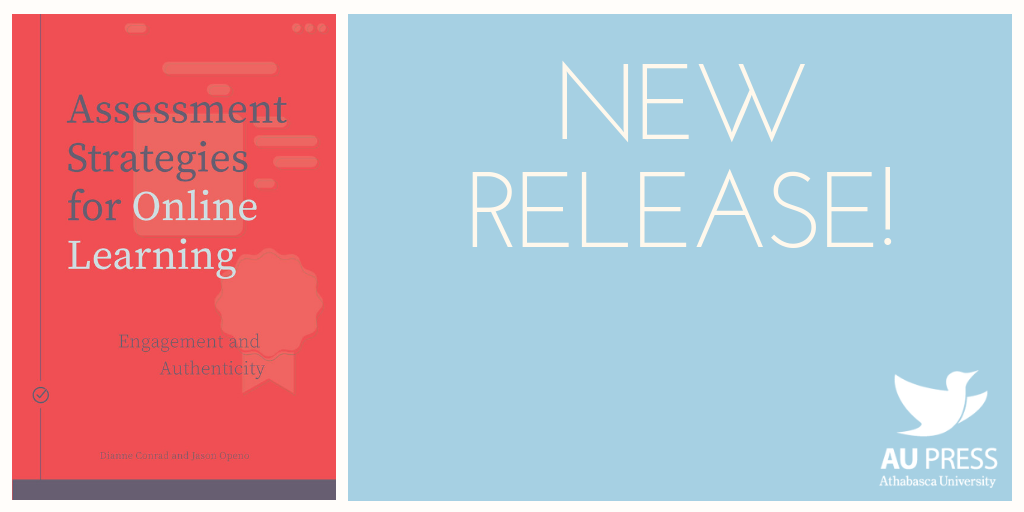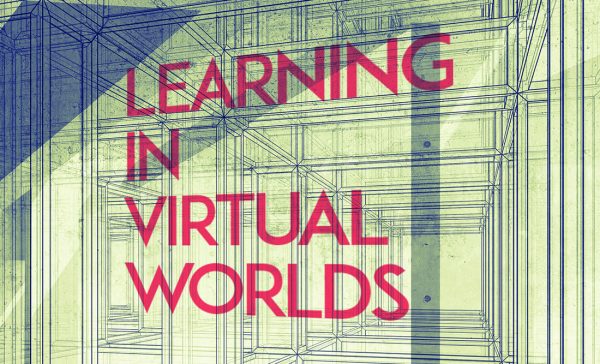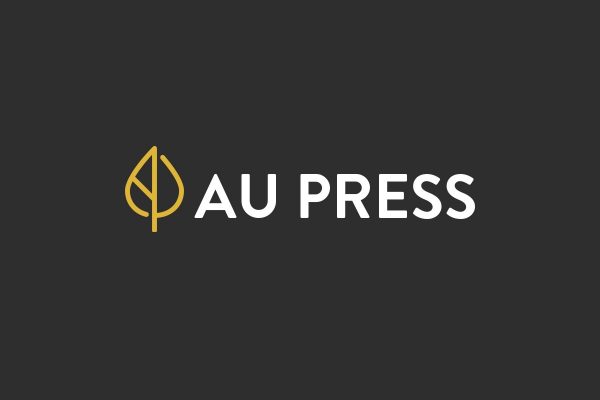For many learners, assessment conjures up visions of red pens scrawling percentages in the top right-hand corner of exams and feelings of stress, inadequacy, and failure. Although learners sometimes respond negatively to evaluation, assessments have provided educational institutions with important information about learning outcomes and the quality of education for many decades. But how accurate are these data and have they informed practice or been fully incorporated into the learning cycle? In Assessment Strategies for Online Learning: Engagement and Authenticity, Dianne Conrad and Jason Openo argue that the potential inherent in online learning environments to alter and improve assessment and evaluation has yet to be explored by educators and learners. In the excerpt below, the authors look at one of the most popular, yet most controversial online learning environments, who is enrolling in them, and how instructors can authentically assess “massive” groups of students online.
The Age of “Open”
The ancient curse “may you live in interesting times” could adequately describe the dilemma that has confronted institutions of higher learning in the past decade or so. Not only have the stalwart halls of traditional learning faced, and adapted to, online learning and virtual learning environments since the late 1980s, they have also, more recently, been bombarded with the antithesis of higher education: courses purporting to enrol thousands of students who will pay no tuition and never step inside a classroom. MOOCs (Massive Open Online Courses), pushing at the walls of higher education in unprecedented fashion, have been offered by institutions of the highest calibre (Stanford, MIT, the University of Toronto, Harvard, and many others) and sparked new levels of discussion that centre on the roles of education and educators, while also uncovering the philosophies underlying higher education, including those that guide assessment and evaluation.
As a part of the ongoing MOOC discussion, Davidson (2014) outlined her view of their limitations: they are not going to remedy higher education’s problems, which she describes—referring to the United States—as a “product of 50 years of neoliberalism, both the actual defunding of public higher education by state legislatures and the magical thinking that corporate administrators can run universities more cost-effectively than faculty members.”
Davidson appears to be correct. The largest study so far into who enrolls in MOOCs, and why, suggests that participants are mostly well educated and employed individuals in developed countries and that “the individuals whom the MOOC revolution is supposed to help the most—those without access to higher education in developing countries—are underrepresented among early adopters” (Christensen et al., 2013, p. 1). The magical thinking that MOOCs, or any technological solution, can solve existing power differentials does not address the fact that educational opportunity, often based on standardized assessments, maintains and reinforces an unequal playing field.
In a society where people start out unequal, educational opportunity—especially postsecondary educational opportunity dictated by test scores and grades—can become a dodge, a way of laundering the found money that comes with being born into the right bank account or the right race. As social science has proven, the meritocratic basis of education is, at least in part, a social construct. Education is itself stratified by race and class, ultimately creating a hierarchy of educational inclusion that confers public and private power over others. A vote is not worth nearly as much personal power over others as is a college degree leading to a well-paid professional occupation. Testing and all the other metrics that allocate educational opportunity are better social indicators of our collective failure to provide equal opportunity than measures of innate individual merit or deservedness. (Carnevale, 2016, p. 22, emphasis added)
MOOCs, with improvements in instructional design and a gain in recognition, may eventually take an important place in the educational landscape. In an odd twist, MOOC participants tend to themselves be educators who satisfy their curiosity and gain new ideas for instruction (Newton, 2015) from their MOOC participation, which may in part explain the high attrition rate from MOOCs, where participants leave the course once they have obtained what they “need.” But the long-term possibility that MOOCs will deliver meaningful educational opportunities to the least privileged, such as English language learners or the digitally unprepared, seems remote. This is also the studied opinion outlined in Sir John Daniel’s 2012 South Korean report, in which he concluded that “the discourse about MOOCs is overloaded with hype and myth while the reality is shot through with paradoxes and contradictions.”
All this being said, however, two things have become very clear during the turmoil that MOOCs have wrought: Firstly, the pedagogical nature of distance and online learning has not been well understood within higher education; and secondly, the role of assessment within learning remains paramount and complicated. Issues of assessment, in fact, have been the source of much of the furor around the potential acceptance of MOOCs into university programs. This chapter will consider the role of assessment in open and alternative learning. We have already considered the role of traditional assessment and its role in the learning cycle. Has that changed? Should it change?
Keep reading on our website.
References
Carnevale, A. P. (2016). Higher education and democratic capitalism. Educause Review, 51(6), 10–26. Retrieved from https://er.educause.edu/articles/2016/10/higher-education-and-democratic-capitalism
Christensen, G., Steinmetz, A., Alcorn, B., Bennett, A. Woods, D. & Emanuel, E. J. (2013). The MOOC phenomenon: Who takes massive open online courses and why? SSRN working paper. Retrieved from https://papers.ssrn.com/sol3/papers.cfm?abstract_id=2350964
Davidson, C. (2014, March 14). Changing higher education to change the world [Blog post]. Retrieved from http://chronicle.com/blogs/future/2014/03/14/changing-higher-education-to-change-the-world/
Newton, D. (2015). The (accidental) power of MOOCs. The Atlantic. Retrieved from https://www.theatlantic.com/education/archive/2015/06/the-secretpower-of-moocs/396608/


